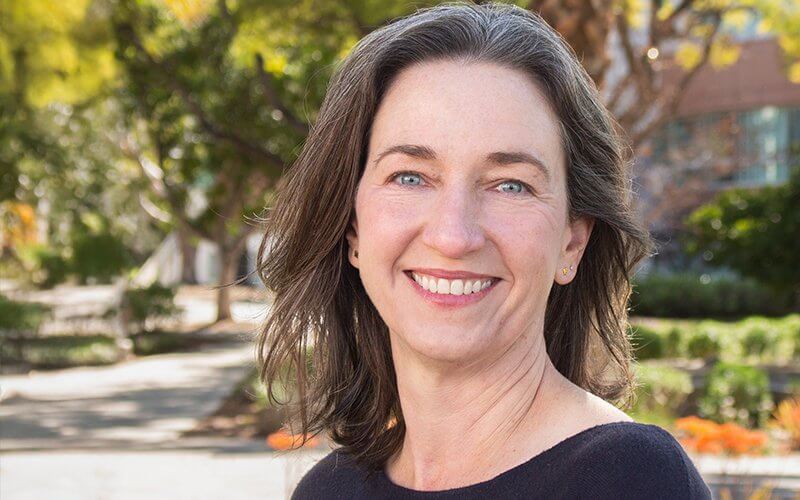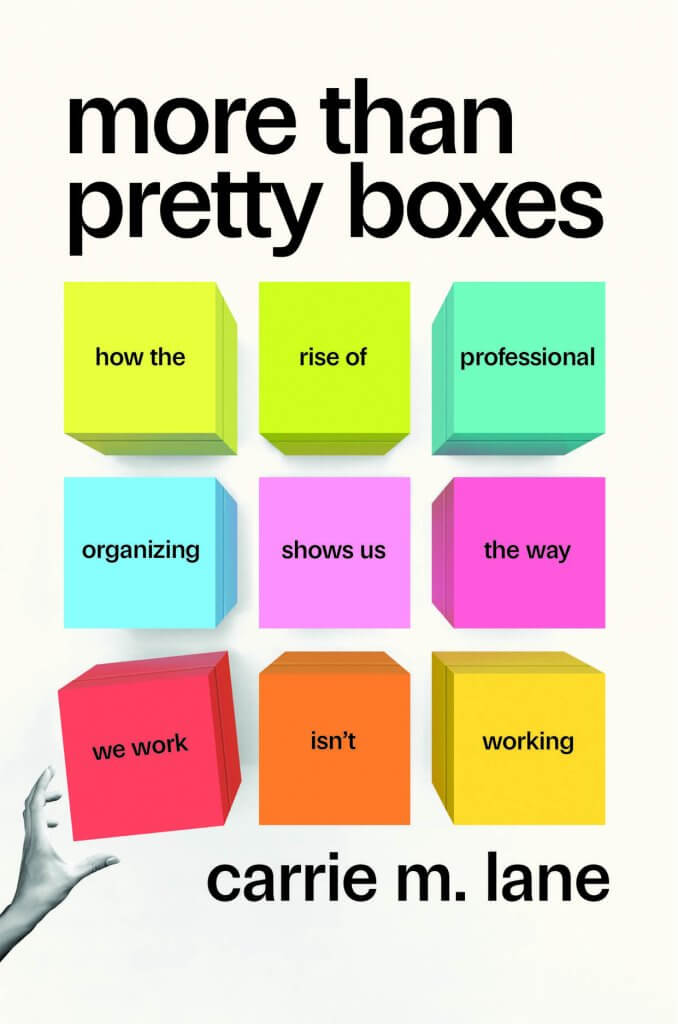
Sorting through a kitchen cabinet jam-packed with coffee mugs, Carrie Lane selected a few to donate to Goodwill. She felt relieved and proud, but did not understand why.
“As a cultural critic, that was the moment where I decided I wanted to investigate the belief that decluttering makes us happier people,” said Lane, Cal State Fullerton chair and professor of American studies.
Across the United States, overconsumption and other factors have resulted in a clutter crisis. Lane said research has found that individuals in the United States have more self-storage facilities than Starbucks, McDonald’s and Subway locations combined nationwide. Lane explained that being surrounded by clutter can result in emotional, physical and financial struggles.

To combat this clutter crisis, Lane conducted ethnographic and historical research on the evolution of the professional organizing movement, finding that organization is a powerful tool to help people cope with the overwhelming demands of work and home. She explores the power of decluttering in her newest book, “More Than Pretty Boxes: How the Rise of Professional Organizing Shows Us the Way We Work Isn’t Working.”
A women-led effort to “organize and winnow personal belongings” emerged in the late 1970s as an occupational category. A decade later, the National Association of Organizing and Productivity Consultants was founded to empower its members by providing quality education, enhancing business connections, advancing industry research and improving clients’ living conditions.
While writing her book, Lane interviewed more than 50 professional organizers, including some of the field’s earliest founders. She also attended conferences, meetings and workshops where she worked for more than 100 hours as an unpaid assistant organizer.
Through this work, she learned that professional organizers listen empathetically to clients while encouraging them to be mindful about their possessions.
“After collaborating with a professional organizer, many clients say they feel much lighter and less anxious,” said Lane.
Lane also noted that men and women respond differently to clutter. While women’s stress levels increase dramatically when they walk through cluttered areas of their homes, the same is not true for men.
“I think that’s because women have internalized the cultural idea that they are responsible for the home and that they’re to blame if the home falls short of the unrealistic images of the picture-perfect homes we see in the media,” said Lane.
For people who want to participate in decluttering, Lane recommends starting with small tasks.
“Choose a manageable space — one junk drawer, a linen closet and focus on that task. Remember that it gets worse before it gets better and create a functional system for the treasures you keep,” said Lane.
Student Researchers Explore Organizing
Lane also collaborated with student researchers to search through decades worth of newspaper and magazine articles that trace the rise of the organizing profession. The students helped locate the first time the term “professional organizer” appeared in the news.
Her undergraduate assistant, Andrea Rivera, uses social media platforms like Instagram and Tik Tok to learn more about professional organizers and their online community.
“We target professional organizers by following them on Instagram and TikTok coupled with posting content from her book,” said Rivera, who is majoring in American studies and women and gender studies.
Rivera added that although professional organizers may be perceived as illegitimate because their skills have historically been assigned to homemakers, they play a critical role in alleviating clients’ stress.
“This book is a framework to analyze why the way we are working is not working because individuals who hire professional organizers are often burnt out, overwhelmed with their workload and feel ashamed of their clutter,” said Rivera. “The fact that Americans are too overworked and shamed about their clutter says a lot about the society we live in.”